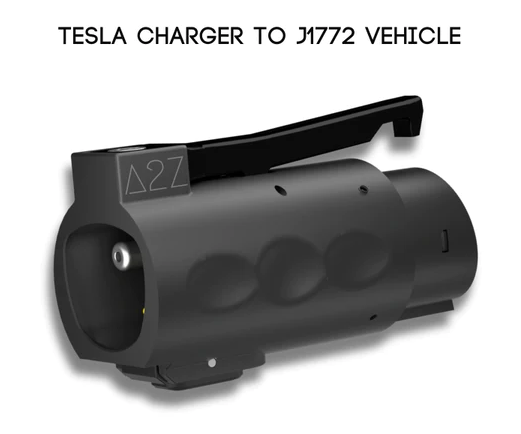this post was submitted on 01 Mar 2024
6 points (100.0% liked)
[Dormant] Electric Vehicles
3198 readers
1 users here now
We have moved to:
A community for the sharing of links, news, and discussion related to Electric Vehicles.
Rules
- No bigotry - including racism, sexism, ableism, casteism, speciesism, homophobia, transphobia, or xenophobia.
- Be respectful, especially when disagreeing. Everyone should feel welcome here.
- No self-promotion.
- No irrelevant content. All posts must be relevant and related to plug-in electric vehicles — BEVs or PHEVs.
- No trolling.
- Policy, not politics. Submissions and comments about effective policymaking are allowed and encouraged in the community, however conversations and submissions about parties, politicians, and those devolving into general tribalism will be removed.
founded 1 year ago
MODERATORS
you are viewing a single comment's thread
view the rest of the comments
view the rest of the comments

If I understand it correctly, J3400 requires bidirectional data link with the car before connecting DC current. J1772 is a simpler pilot voltage/resistance value across the two signal pins, which the DC charger won't recognize. So, nothing would happen if you plugged that adapter into a DC charger.
How would the J1772 adapter force the vehicle or charger to speak the J1772 protocol? Both ends support the CCS protocol and the adapter is presumably passive.
That's a good question. There will have to be something to prevent DC from being applied to the j1772 pins when using the wrong adapter.
I haven't seen any technical info on how the DC adapters will work. I'm just guessing, but I would assume that the DC adapters will be active and take part in the handshake between car and charger. If you try to use a passive adapter, one side or the other would determine that the DC pins are not physically connected and refuse the handshake.
So, magic!